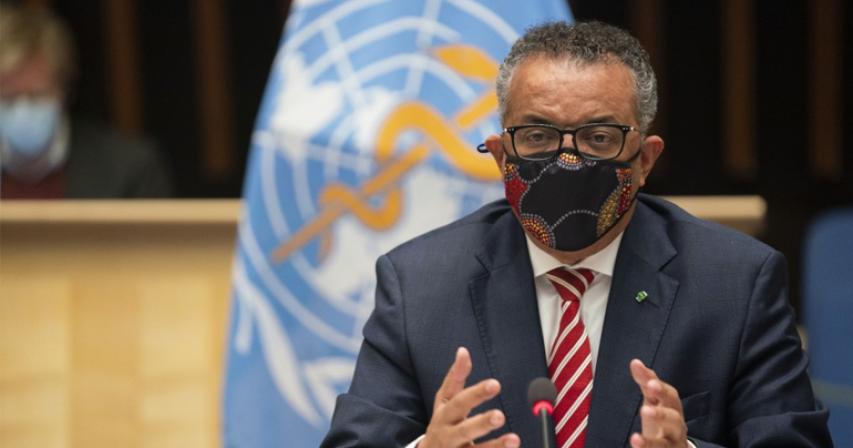The first ever International Day of Epidemic Preparedness is being held today (27th December) was called for by the United Nations General Assembly to advocate the importance of the prevention of, preparedness for and partnership against epidemics.
The COVID-19 pandemic has underscored the importance of investing in systems to prevent, detect and respond to infectious disease outbreaks.
The first ever International Day of Epidemic Preparedness is being held today (27th December), was called for by the United Nations General Assembly to advocate the importance of the prevention of, preparedness for and partnership against epidemics.
WHO works closely with governments to support efforts to build strong emergency and epidemic preparedness systems, as part of an overall approach to advance universal health coverage and strengthen primary health care systems.
The coronavirus crisis will not be the last pandemic, and attempts to improve human health are "doomed" without tackling climate change and animal welfare, the World Health Organization's (WHO) chief said in a video message marking Sunday's first International Day of Epidemic Preparedness.
Tedros Adhanom Ghebreyesus also condemned the "dangerously shortsighted" cycle of throwing cash at outbreaks but doing nothing to prepare for the next one.
The WHO director-general said it was time to learn the lessons from the COVID-19 pandemic.
"For too long, the world has operated on a cycle of panic and neglect," he said.
"We throw money at an outbreak, and when it's over, we forget about it and do nothing to prevent the next one. This is dangerously shortsighted and frankly difficult to understand."
The Global Preparedness Monitoring Board's September 2019 first annual report on world readiness for health emergencies, which was published a few months before the novel coronavirus broke out, said the planet was woefully unprepared for potentially devastating pandemics.
"History tells us that this will not be the last pandemic, and epidemics are a fact of life," said Ghebreyesus.
"The pandemic has highlighted the intimate links between the health of humans, animals and planet," he added.
"Any efforts to improve human health are doomed unless they address the critical interface between humans and animals, and the existential threat of climate change that's making our earth less habitable," he said.
The novel coronavirus has caused over 1.75 million fatalities, and more than 80 million cases have been recorded, according to a tally from Johns Hopkins University.
"In the past 12 months, our world has been turned upside-down. The impacts of the pandemic go far beyond the disease itself, with far-reaching consequences for societies and economies," said Ghebreyesus.
But he said the coronavirus crisis should not have come as a surprise, given the repeated warnings.
"We must all learn the lessons the pandemic is teaching us," he said.
The WHO chief said all countries should invest in preparedness capacities to prevent, detect and mitigate emergencies of all kinds and called for stronger primary health care provision.
He said with investments in public health "we can ensure that our children and their children inherit a safer, more resilient and more sustainable world."
The International Day of Epidemic Preparedness was called for by the United Nations General Assembly to promote the importance of prevention, preparedness and partnership in tackling epidemics.

Comments